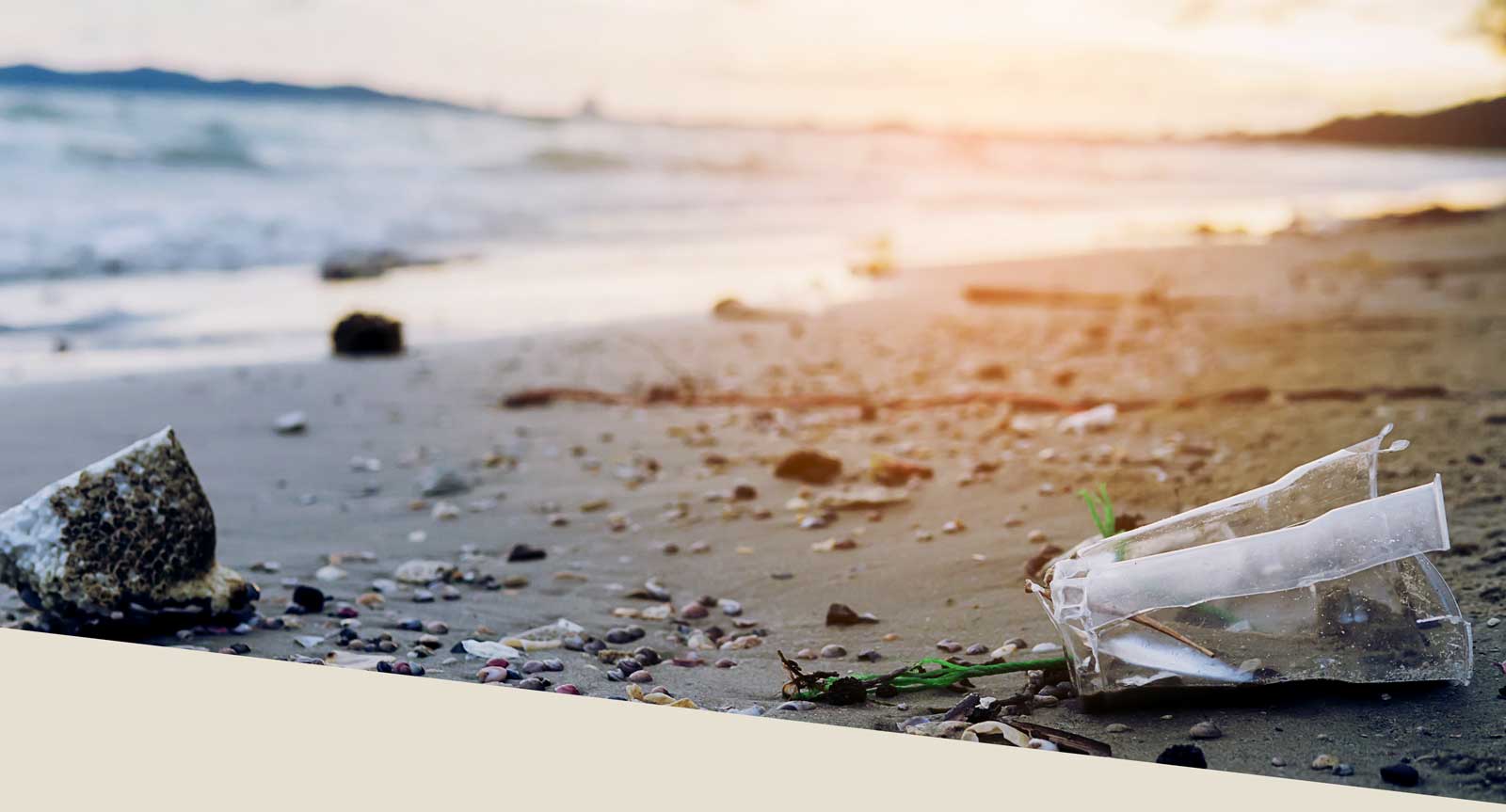To change the world, we must first change the space around us.

The spoon and the mountain.

How to change the world?
In December 2019, the World maintained a constant and sustained pace that did not anticipate any change, at least not in the short term. Three and a half months later, Humanity was submerged in an unprecedented existential crisis. We experienced an influenza epidemic and a constant bombardment of catastrophic news, hardly giving us time to digest or process it. What really changed?
Our Sapiens species is highly dependent on social contact. Although socialization was not the only event that allowed us to reach a better place above other species. Socialization, combined with the speed in which we managed to adapt to changing situations, determined the colonization of almost the entire planet, and the rapid expansion of Civilization as we know it today. Isolation and fear of contagion, typical of the times of medieval pandemics, questioned the faith in technological advance in the days of Artificial Intelligence.
"An increasingly interconnected world was forced to disconnect for fear of contagion"
With the collapse of social relations, many of the day-to-day pillars on which Western civilization depends, also collapsed. The speed, the frantic need for success, the accumulation of wealth, social validation and, above all, false security, lost meaning. We learned, even though some still haven't, that everything can change from one moment to the next and without prior notice. The things that one day we take for granted may not be there the next morning, so it would be worth rethinking the value of the simple things in life.
In fact, should I continue to be tied to an image of social validation that I do not know and that is totally alien to me? Am I really going to allow the brand marketing specialists to choose of the type of car I drive, the underwear I wear and even the glasses with which I cover myself from the sun? These were realities that until recently we took for granted. Today, in light of the times we live in, we question ourselves as we try to make sense of the present and reconstruct the kind of lifestyle that was lost with the epidemic.

What happens when users have the power?
Just Do It. - Nike -
Think Different. - Apple -
Where's the Beef? - Wendy's -
Open Happiness. - Coca-Cola -
Because You're Wort.h It - L'Oreal -
Melts in Your Mouth, Not in Your Hands. - M & Ms - A Diamond is Forever. - De Beers -
The Breakfast of Champions. - Wheaties -
Is all this true? Or minimally possible? We live in an era where much of knowledge is at our fingertips. With a single click we can send a container to Bangladesh or buy our next pair of George Cleverley shoes in Italy and receive them at our doorstep in California. But what are we really buying? And at what point do we leave our ability to choose in the hands of marketing specialists?

How to Buy in the information age?
The act of buying is practically a political choice in the information age. How do we choose to whom we give our money? It is an attitude that implies an awareness of our space in the world. Do I really need to shave with this Brand because it took on a snobbish attitude by displaying same-sex couples on the banner ads? Or wear tight jean that make me look slimmer, despite contaminating the rivers of Indonesia with their dyes and destroying thousands of ecosystems?
The fragility of our way of life can take us back to basics, to feel grounded, to take control of what we consume, and how this affects the rest of the ecosystems. The idea is not to buy less but to demand more value from brands. Rather than just having a criteria based on caricatures of success or on short shortcuts to popularity, the idea is to use intelligently our ability to buy, get informed and share our experience.
The possibility of knowing that for each of our blue jeans, the childhood of four children is spent inside a wash tank in Indonesia. To know that we can consume in just 4 minutes a bottle of water but that it will take 400 years to get rid of it.
👉 Stay informed of new initiatives friendly to the ecosystem and be a non-spectator protagonist of the change.
"We must not stop drinking water. We just have to know where to put the bottle."
We have in our hands an information system greater than the Library of Alexandria, all compressed and classified within our phone. We have the capacity to inform ourselves on the environmental and social impact of the products we consume. We have the money to buy them and we have communities to share the experience. We just need to raise awareness that with the advancement of this "Third Industrial Revolution," consumers have acquired the power to choose among an ever wider range of products and services. This choice gives consumers the responsibility to confront brands and question how brands generate value. What values are you giving me in addition to the product or service you offer me?

The only way to change the world is to start changing our immediately space. Unfortunately, the Coronavirus dragged the lives of many people along its path, showing us how fragile our life models are. Consumption is an attitude that must be conscious and responsible because it is an excellent tool for change.
Find out today how you can start to change the World, starting with your own World, the one where you are the only protagonist. 👉 [here]






